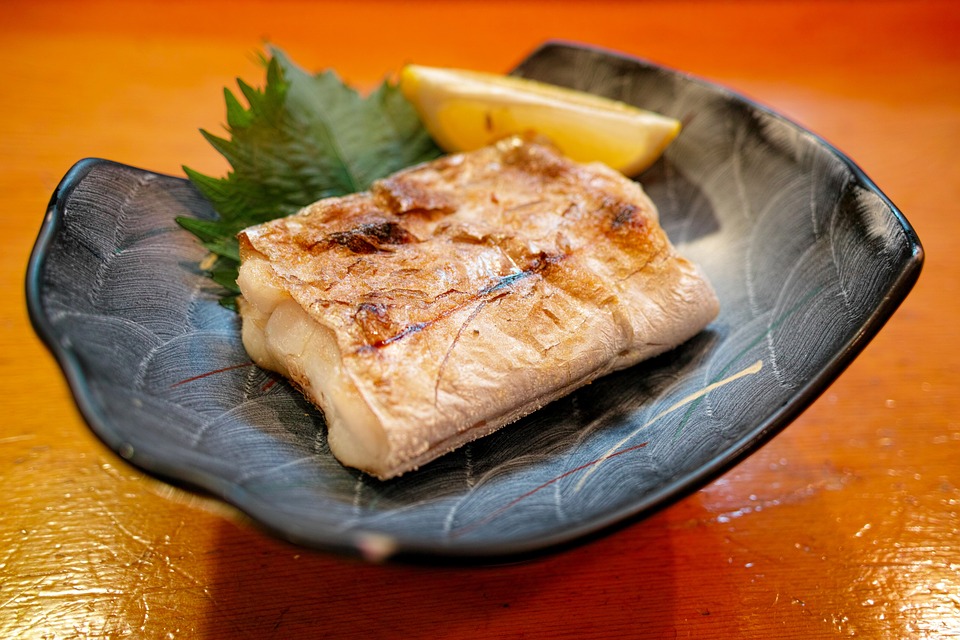[ad_1]
Japanese cuisine is renowned for its delicious and healthy foods, and one of the reasons for this is the prevalence of fermented foods in their diet. Fermented foods have been a staple in Japanese cuisine for centuries, and they offer a wide range of health benefits. In this article, we’ll explore some of the most popular Japanese fermented foods and their nutritional value, as well as the impact they can have on a healthy lifestyle.
1. Miso
Miso is a traditional Japanese seasoning produced by fermenting soybeans with salt and koji (a type of fungus). The result is a thick, salty paste that is commonly used in soups, marinades, and salad dressings. Miso is rich in essential minerals and a good source of protein, making it a valuable addition to a balanced diet. It also contains probiotics, which are beneficial for gut health and can help improve digestion. Additionally, miso is a good source of antioxidants, which can help protect the body from free radical damage.
2. Natto
Natto is a traditional Japanese food made from fermented soybeans. It has a distinct flavor and a sticky texture, and it is often eaten for breakfast with rice. Natto is rich in protein, fiber, and vitamins, particularly vitamin K2, which plays a crucial role in bone and cardiovascular health. It also contains a unique enzyme called nattokinase, which has been shown to have beneficial effects on blood clotting and heart health. Natto is also a good source of probiotics, which can help balance the gut microbiome and support overall health.
3. Tsukemono
Tsukemono are Japanese pickles that are made by fermenting vegetables in salt, rice bran, or vinegar. Popular choices include cucumbers, radishes, and cabbage. Tsukemono are a great source of dietary fiber and can help aid digestion and promote a healthy gut microbiome. They are also low in calories and high in vitamins and minerals, making them a healthy and delicious addition to any meal.
4. Kombucha
While not traditionally Japanese, kombucha has become increasingly popular in Japan in recent years. Kombucha is a fermented tea that is rich in probiotics, antioxidants, and beneficial acids. It has been linked to a wide range of health benefits, including improved digestion, immune function, and energy levels. Kombucha also contains polyphenols, which are powerful antioxidants that can help reduce inflammation and protect the body from oxidative stress. It is a refreshing and healthy alternative to sugary sodas and juices.
Conclusion
Japanese fermented foods offer a delicious and nutritious way to support a healthy lifestyle. From miso and natto to tsukemono and kombucha, these foods are rich in essential nutrients and beneficial compounds that can help improve digestion, support the immune system, and promote overall well-being. By incorporating these fermented foods into your diet, you can take advantage of their unique health benefits and enjoy the delicious flavors of Japanese cuisine.
FAQs
1. Are Japanese fermented foods suitable for vegetarians and vegans?
Yes, many Japanese fermented foods, such as miso and natto, are suitable for vegetarians and vegans. They are rich sources of plant-based protein and can be easily incorporated into a meat-free diet.
2. Are there any potential risks associated with consuming fermented foods?
While fermented foods are generally safe for consumption, individuals with certain health conditions, such as compromised immune systems or severe food allergies, should exercise caution. It is always advisable to consult with a healthcare professional before making significant changes to your diet.
3. Can fermented foods help with digestion?
Yes, fermented foods contain beneficial bacteria that can help support healthy digestion and the balance of gut microbiota. This can lead to improved nutrient absorption and overall digestive health.
Japanese fermented foods are not only delicious but also offer a wide range of health benefits. By incorporating these traditional foods into your diet, you can enjoy the unique flavors of Japanese cuisine while supporting a healthy lifestyle.
[ad_2]




Comments